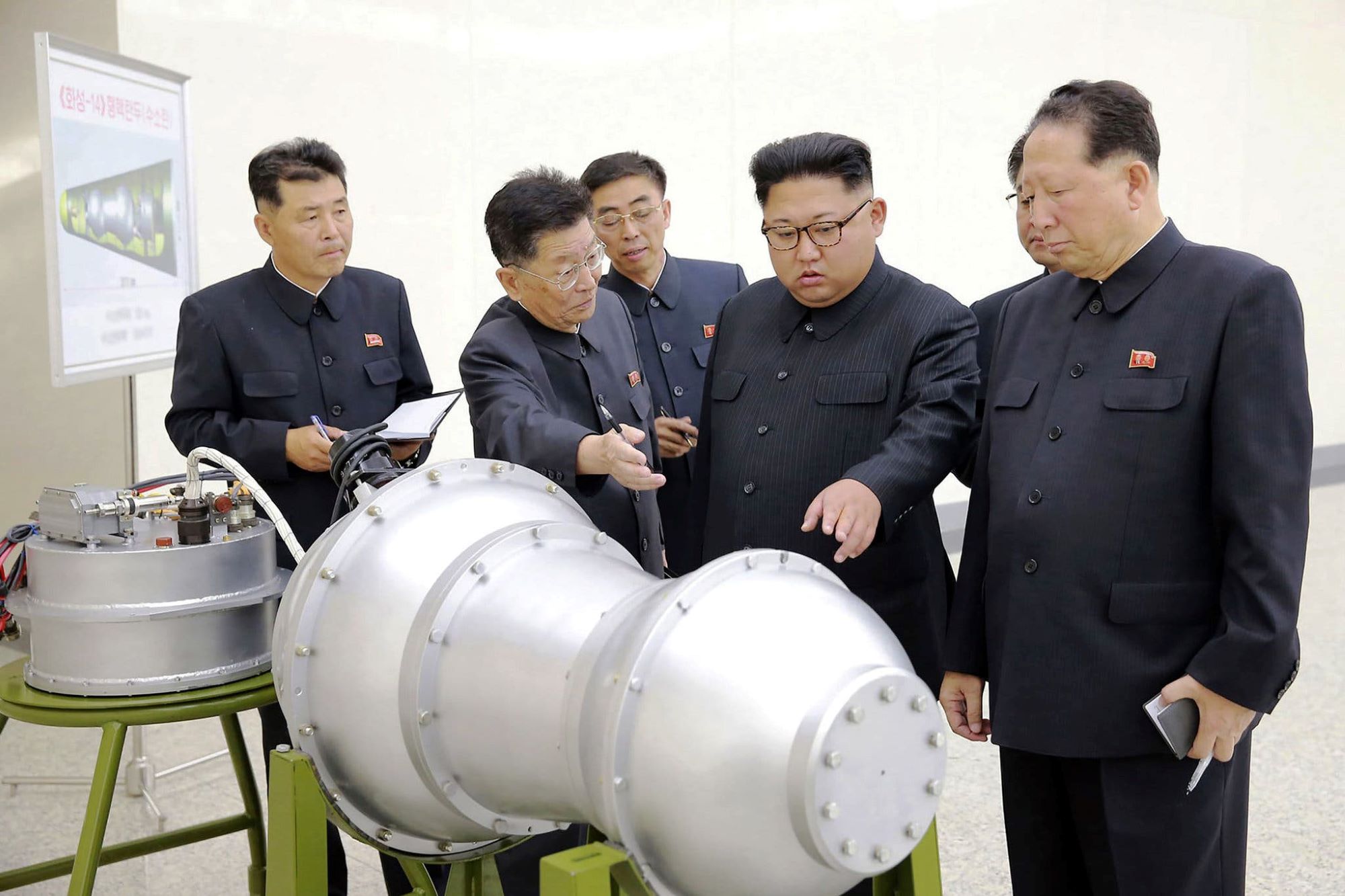The virtual seminar will be held from 12:30 to 2 pm (ET).
The United States expects that any agreement for the denuclearization of North Korea will need to include effective technical verification arrangements. This presentation will focus on the merits and limitations of open source intelligence, that is information that is not derived from classified or government intelligence sources or methods, as a method to supplement on-the-ground inspections, build confidence, and improve the speed and reliability of verification. The presentation is based on a chapter in the July 2021 report New Approaches to Verifying and Monitoring North Korea’s Nuclear Arsenal.
About the speaker: Melissa Hanham is a research affiliate at Stanford University’s Center for International Security and Cooperation. She works on open-source intelligence, incorporating satellite and aerial imagery, and other remote sensing data, large data sets, social media, 3D modeling, and GIS mapping. She previously worked as the Deputy Director of the Open Nuclear Network, as a senior research associate at the James Martin Center for Nonproliferation studies, and as an analyst at the International Crisis Group in Seoul and Beijing. She is a board member of the British American Security Information Council (BASIC).
